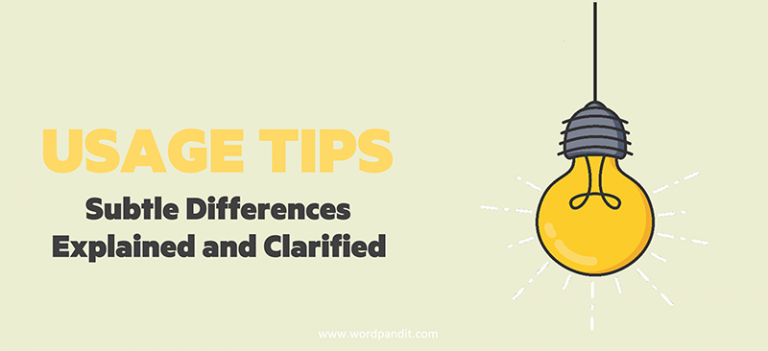Ail vs. Ale: Understanding the Difference 🍻🩺
Have you ever found yourself at a party asking for some “ail” instead of “ale”? 🤦♂️ It’s an easy mix-up that can quickly turn into a confusing (and amusing) situation. 😂 The two words, “ail” and “ale,” may look similar and sound somewhat alike, but their meanings are worlds apart. 🌍 Understanding the difference between these words can help you avoid some funny misunderstandings and even enrich your vocabulary. Let’s dive in! 🤿
What Does Each Word Mean?
Ail 🩹
- Definition: To ail means to suffer physically or emotionally or to be in poor health. It implies a sense of discomfort or ongoing struggle, whether physical, emotional, or even mental. 😣
- Pronunciation: /eyl/ 🔊
- Etymology: “Ail” comes from Old English “eglian,” meaning to trouble or afflict. Its historical usage makes it clear why we associate it with discomfort or pain today. 📜
- Usage Example: “She felt her back ail after the long journey.” 🛤️
- Synonyms: Suffer, hurt, afflict, weaken, sicken. 🤕
- Antonyms: Heal, recover, strengthen, comfort. 🌱
Ale 🍺
- Definition: Ale is a type of beer brewed using a warm fermentation process, often having a rich, fruity flavor. 🍓
- Pronunciation: /eyl/ 🔊
- Etymology: The word “ale” comes from Old Norse “öl,” referring to a type of beer. 🍻
- Usage Example: “He ordered a pint of ale at the pub.” 🍻
- Synonyms: Beer, brew, stout, porter. 🍺
- Antonyms: Water, juice (as non-alcoholic alternatives). 🚰🍊
Comparison and Contrast ⚖️
It’s easy to see why these two words get mixed up—they’re homophones, meaning they sound the same but have entirely different meanings. Imagine going to a doctor and saying, “I think I need ale.” 😂 Unless your doctor has a great sense of humor, that’s probably not going to get you the help you need! 🤣
“Ail” is all about discomfort or illness, while “ale” is all about enjoying a drink, usually with friends or at a pub. 🍻
Contextual Usage 📖
Consider this scenario: “After a tough day at work, he felt his head ail, so he decided a cold ale might help him relax.” 🧠💆♂️
Another example: “The athlete’s injury began to ail him, but a refreshing ale after the game made him feel a little better.” 🏃♂️🍻
Mnemonic Device 🧠💡
- Ail 🪕: Think of “ailment,” which means something that troubles or makes you sick. 🤒
- Ale 🍻: Think of “a beer” you might enjoy with friends. 😊
Related Confusing Words 🤯
If you’re intrigued by “ail” and “ale,” you might also want to check out other confusing pairs like “compliment vs. complement,” “affect vs. effect,” or even “stationary vs. stationery.” ✏️📄
Summary 📝
To sum it up: “Ail” is about pain or discomfort, while “ale” is a kind of beer. 🍻
Quiz: Confusing Words – Ail & Ale 📝🤓
1. The old man began to ___ from his chronic knee pain.
2. She poured herself a glass of ___ to celebrate the end of the week. 🎉🍻
3. Which of the following correctly describes ‘ail’? ❓
4. In colder months, people often feel they ___ due to weather changes. ❄️
5. Which word is closest in meaning to ‘ail’? 🤔
6. In medieval times, why was ale preferred over water? ⚔️
7. After running a marathon 🏃♂️, he felt his muscles ___, so he decided to relax with an ___.
8. His only remedy for the body to stop ___ was to avoid ___ altogether. ✋🍺
9. Which sentence best uses ‘ail’ correctly? ✅
10. Identify the correct option: ‘To ___ is to experience discomfort, while ___ refers to a type of beer.’ 🍻🤕













